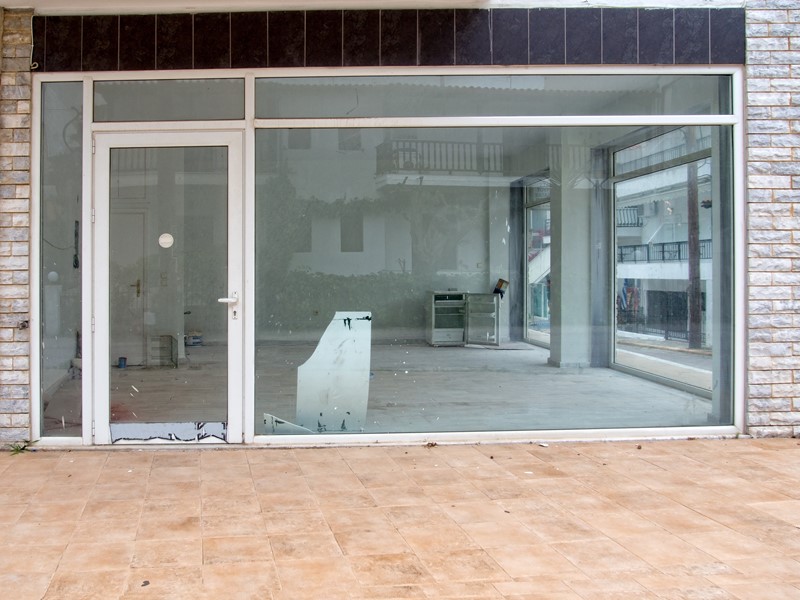A company comes to a legal end when it is dissolved. However, one if the important points to be aware of when doing so is that the dissolved company can no longer do or receive anything including receive a tax refund. It is the responsibility of the company directors to ensure that all of a company’s assets and liabilities are all dealt with before it is dissolved.
Any assets or rights (but not liabilities) remaining in the company at the date of dissolution will pass to the Crown as ownerless property. This happens under what is known as ‘bona vacantia’ which literally means vacant goods. The bodies that deal with bona vacantia claims vary across the United Kingdom, but they all ultimately represent the Crown.
Only formally dissolved companies are caught by bona vacantia. A company ‘in liquidation’ or ‘being wound up’ is on its way to being dissolved but is still in existence. Until the company is dissolved its property and rights will not be bona vacantia.
It may also be possible for a company to apply to be restored to the register if it was dissolved less than six years ago. This would mean that the bona vacantia ceases to exist. However, this process is by no means straightforward, and any assets or rights owned by the company should be properly dealt with before a company is dissolved.



